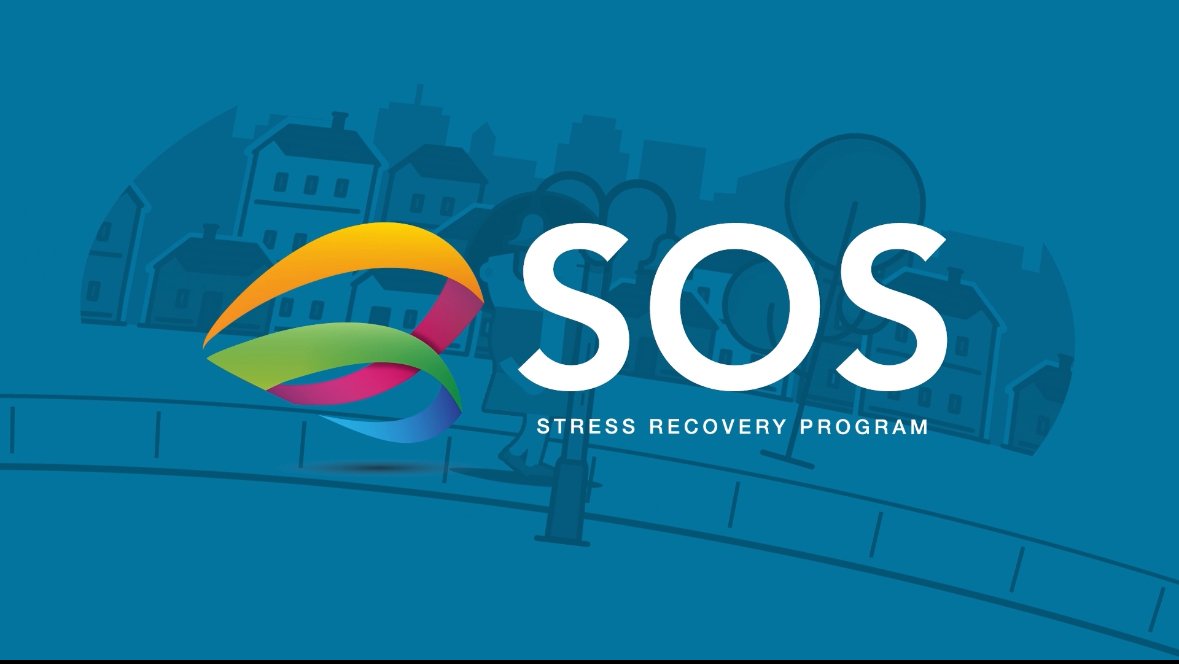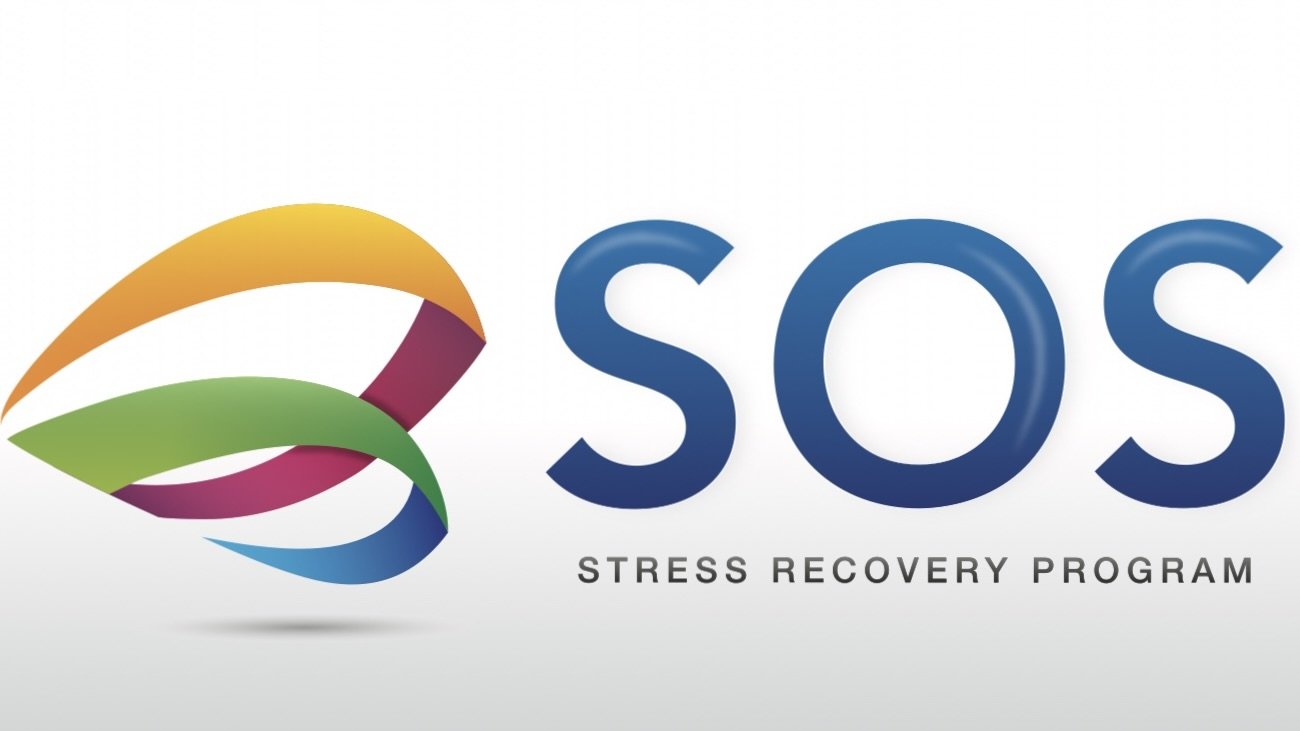Is Chronic Stress Affecting Your Health?
Everyone experiences stress at one time or another, but chronic high stress and how that stress is perceived can be detrimental to physical and mental health. It can instigate feelings of anxiety and overwhelming fear. It can also weaken your immune system and overall health, leaving you susceptible to colds and flu, an increase in aches and pains, and numerous serious illnesses.

How we help women turn Stress into Success

Chronic stress deteriorates many aspects of your health silently, resulting in hormone imbalances and modifications to the structure and function of your brain. These changes make it more challenging to cope with daily stress, produce diminished concentration and memory, and eventually lead to mental or brain fog.
Amazingly, the effects of stress typically go unnoticed until the accumulation manifests as mental or physical exhaustion or burnout.
Due to the overall compromised health and chronic disease stress causes, it has often been referred to as
“The Silent Killer.”
Here are examples of symptoms and conditions that can result from chronic stress:
Decreased concentration
Mental or brain fog
Decreased memory capacity
Insomnia
Depression
Anxiety
Fatigue
Muscle or back pain
Blood sugar dysregulation
Increased risk of type 2 diabetes
High blood pressure
Headaches or migraines
Hormonal and thyroid imbalances
Weight gain
Addiction (smoking, alcohol, or drug abuse)
GI conditions such as irritable bowel syndrome
Frequent infections (such as cold or flu)
Accelerated aging

What is stress?
Stress starts in the brain, triggering a cascade of hormones designed to help us handle immediate dangers.
Two main players in this system are the Hypothalamic-Pituitary-Adrenal (HPA) axis and the Sympathetic Nervous System (SNS).
These components are like your body's emergency response team, preparing you to react swiftly to threats, such as avoiding a car accident. When activated, they heighten your awareness, speed up your heart rate, and make your breathing faster.
The key hormone here is cortisol, often called the "stress hormone." Along with adrenaline, cortisol helps your body gear up to face challenges. These hormones surge through your bloodstream, readying you for action.
During this response, you might notice:
Sharper focus
Increased blood sugar and blood pressure
A temporary dip in immune function
Slowed digestion
Muscle tension
Once the immediate threat passes, your body should naturally return to a calm, balanced state.
However, our bodies aren’t built to handle constant stress. Ongoing stress keeps your HPA axis and SNS in overdrive, leading to harmful effects like resource depletion and muscle breakdown. This chronic state of stress can take a serious toll on your health.
The 4 Key Stressors
When most people think of stress, they usually limit their definition to mental and emotional stressors. Changing jobs or losing a loved one, for example, can send your stress (and cortisol) levels soaring.
However, events like blood sugar imbalances, inadequate sleep, and inflammation are also potent stimulators of cortisol production within the HPA axis. The result is an activation of the stress response system.
One of the most common and easiest stressors to control is
imbalanced blood sugar.
Skipping breakfast after fasting overnight, causes your blood sugar levels to drop. Your body attempts to restore balance by increasing cortisol levels which will restore blood sugar to normal. There are no major consequences if this is an occasional occurrence, however, ongoing blood sugar fluctuations controlled by hormones can become a problem.
If blood sugar remains an issue, coupled with inflammation in the body, poor sleep patterns, and then topped with mental and emotional stress, you have created a recipe for disaster. It is critical to identify the major stressors in your life so you may develop a plan to overcome stress before it becomes a pathway to chronic disease.
Introducing the SOS
Stress Recovery Program
The SOS Stress Recovery Program is a nutrition and lifestyle program designed to help restore balance to the mind and body while eliminating the unhealthy effects of stress.
Each woman’s response to stress is unique and complex. The essential tools in this program are designed to be flexible, supporting each component of the stress response, allowing you to find the perfect balance that restores your vitality and optimal health.
Throughout the program, you will better understand how stress affects your health on a daily basis, including why your body responds to or fails to respond to stressful events.
Starting with the “Life Event Stress Inventory,” you will discover the life events that may be the most stressful. Additionally, the program outlines recommendations for the four major factors that trigger a stress response in the body:
Mental and emotional stress, blood sugar imbalances, insomnia, and inflammation.
Once you understand these basic principles, you will have the tools to control your stress response rather than be controlled by the events and circumstances around you.
What to Expect from our Stress Recovery Program
Visit 1
30-minute Initial Consultation
During your initial visit, you’ll learn about your Stress Stage and the impact of stress on the brain. We’ll order the necessary baseline Functional labs and initiate targeting professional-grade supplementation as well as lifestyle interventions designed to help you thrive.
Visit 2
30-minute Follow-up Visit
During this visit, you will review the results of your Functional testing with Dr. Kathryn Hale. She will use the results of your baseline labs to outline your Stress Recovery Plan.
Visit 3
The Restoring the Balance: Stress, Hormones & Health
You will join like-minded women for a 90-minute group visit designed to support you in integrating lifestyle changes that are essential to your recovery and long-term success.
Ongoing Support for Success
Between months 3 and 4 of the program, we’ll repeat essential labs to monitor progress. At the conclusion of the program, there will be the opportunity to integrate into one of Abundant Heath Life’s maintenance memberships or more intensive programs if needed. We want you to thrive!








